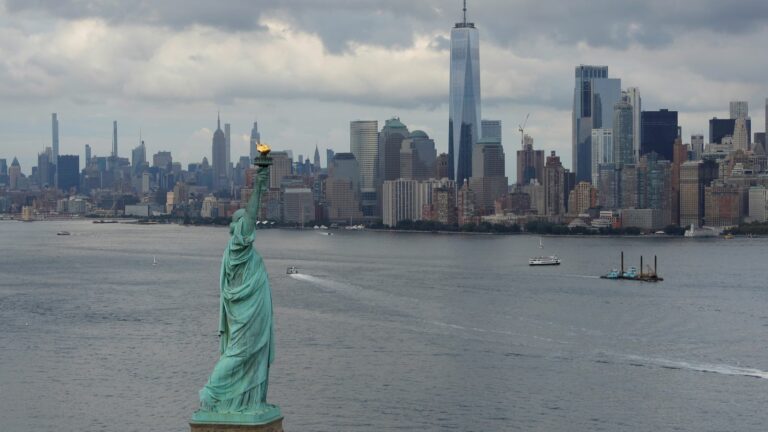Fewer Accommodation Options in NYC for Holidaymakers as Airbnb Faces New Regulations
Holidaymakers planning a trip to the Big Apple might need to rethink their accommodation options. Recent changes to Airbnb rules have drastically reduced the availability of short-term rentals in New York City. As of Tuesday, a significant clampdown has put an end to the previous free-for-all practice, where anyone, from landlords to residents, could rent out their properties to tourists for short stays.
Airbnb has wasted no time in responding to these new regulations. It has already begun restricting some new reservations to comply with the updated rules.
Under these stricter guidelines, only registered hosts are permitted to accept guests for stays of fewer than 30 days through platforms like Airbnb and VRBO. Additionally, hosts must stay in the property while renting it out, and the number of guests allowed at a time is limited to just two. This essentially eliminates the possibility of large group bookings for parties, bachelor or bachelorette weekends, or family gatherings.
City officials in New York have reported receiving around 3,800 applications from individuals seeking to register as hosts. However, the approval process has been rigorous, with fewer than 300 applicants granted host status thus far.
These new regulations mark a victory for housing advocates who argued that apartments in the city were being turned into de facto hotels, exacerbating the housing shortage.
Airbnb did not go down without a fight, contending that the stringent conditions effectively amount to a ban and will negatively impact travelers searching for affordable accommodations. However, since August 21, 2023, Airbnb has been halting reservations for hosts who cannot provide either a city registration number or proof of their application.
New York City isn’t alone in imposing restrictions on holiday rental platforms. San Francisco permits Airbnb hosts to rent their entire property for a maximum of 90 days annually, while Amsterdam enforces a 30-night limit unless hosts hold a specific license. Berlin initially banned short-term rentals entirely in 2014, although the law was later overturned in 2018. Nevertheless, restrictions on the duration of property rentals in the German capital still persist.
In conclusion, travelers heading to New York City for a short stay should be aware of these new regulations, which have significantly limited their accommodation options, while housing advocates are celebrating a victory in the ongoing debate over short-term rentals in urban areas.

